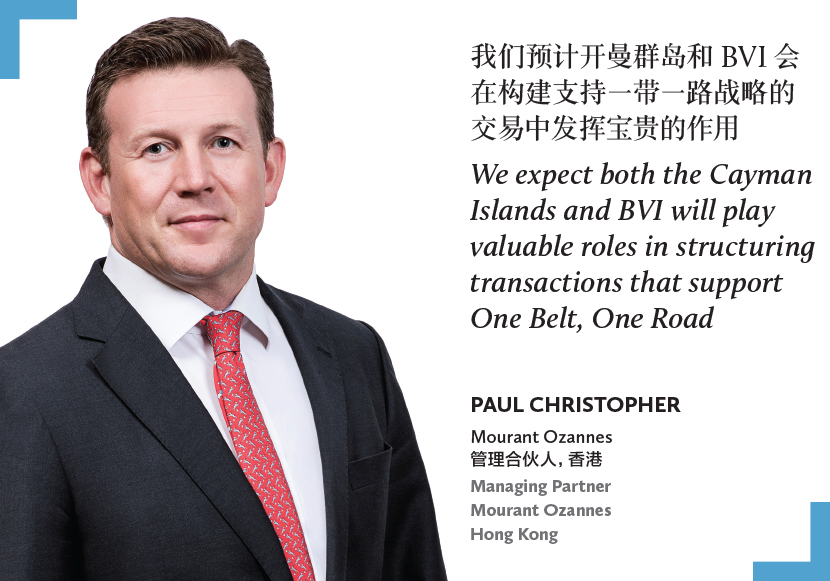Old offshore haunts are still popular with Chinese investors, but the ground rules have changed and treasure hunters would do well to focus on mapping out better compliance, writes Joanna Law
Even with sharp eyes, one can hardly notice some offshore jurisdictions – many are tiny islands – on a world map demonstrating China’s overseas investment routes and hotspots. However, their size does not match their importance in Chinese companies’ global business expansion.
Once, the lure of paying much less tax than at home was perhaps one of the key reasons attracting Chinese companies. Now, a fast-growing number of Chinese investors have realized the value of offshore jurisdictions as convenient platforms for overseas trade and investment, and as sophisticated providers of cutting-edge financial regulations. Although offshore financial centres have embraced more tax transparency, their attractiveness to Chinese companies does not seem to have declined, but rather, seems to grow stronger.
Offshore jurisdictions such as the Cayman Islands, British Virgin Islands (BVI), Jersey, Guernsey, Bermuda and the Isle of Man, have been seeing high volumes of Chinese investors who are interested in tapping into foreign markets.
Chinese investors are assured by well-developed offshore financial services industries led by service providers in such sectors as investment funds and asset management, banking, insurance, reinsurance, capital markets and trusts, according to Paul Christopher, the managing partner of the Hong Kong office of Mourant Ozannes.
Christopher says that while it is more common to see the use by Chinese companies of BVI and Cayman vehicles to structure their overseas investments, other offshore jurisdictions such as Jersey and Guernsey also have “world-class service providers providing a tax-neutral, efficient hub connector for capital and financing around the world”.
As China boosts its outbound investment, as embodied in its recent Belt and Road initiative, offshore jurisdictions are likely to carry more weight in Chinese companies’ global business plans. “We expect both the Cayman Islands and BVI will play valuable roles in structuring transactions that support One Belt, One Road,” says Christopher. Mourant Ozannes advised financiers on the US$1.39 billion facility to fund the Karot hydropower project in Pakistan, the first infrastructure project financed by the Silk Road Fund. That transaction involved the use of BVI structures.
BVI AND CAYMAN
Catherine Ross, a partner at Forbes Hare in London, says it is important to stress that the popularity and success of the BVI and Cayman Islands do not necessarily lie just in their favourable tax regimes − although that factor is important.
“The choice of the right offshore jurisdiction will depend on many factors, such as the intended use of an offshore company, personal and business circumstances of its owner(s), and the geographical regions where this company may trade,” she says. “Chinese companies will need to consider all these factors in deciding which offshore jurisdiction to use as a conduit for their overseas investment while remaining fully tax compliant in their home jurisdiction.”
You must be a
subscribersubscribersubscribersubscriber
to read this content, please
subscribesubscribesubscribesubscribe
today.
For group subscribers, please click here to access.
Interested in group subscription? Please contact us.























